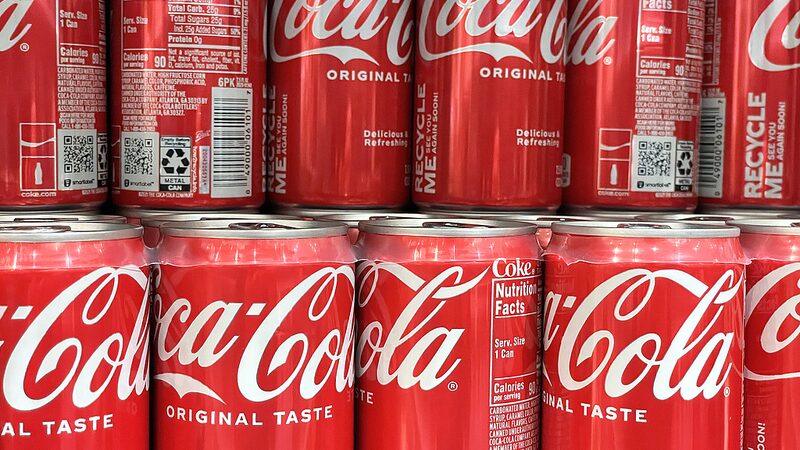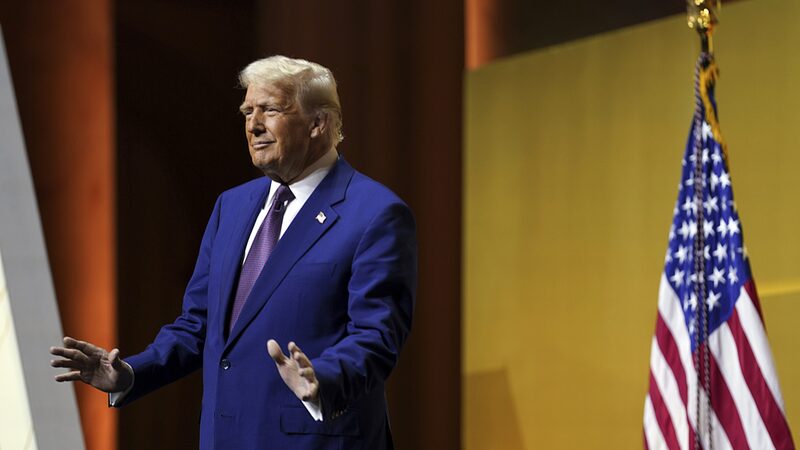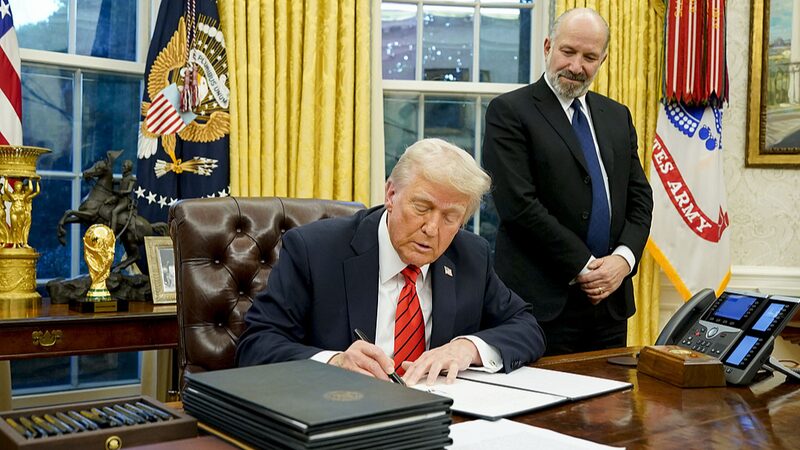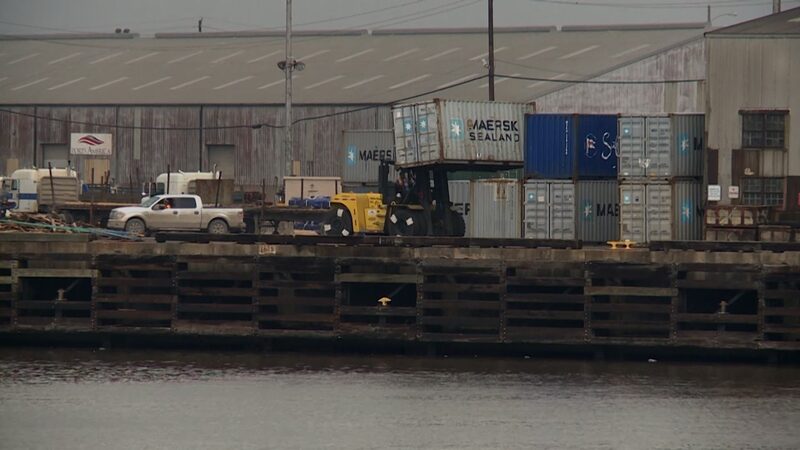U.S. businesses and trade groups are raising alarms over President Donald Trump's latest decision to impose a 25-percent tariff on steel and aluminum imports. This move is expected to significantly impact the cost of canned goods across the United States.
The Can Manufacturers Institute (CMI), representing U.S. can makers, reported that approximately 70 percent of the steel used in American canned food production is sourced from abroad, including countries like Germany, the Netherlands, and Canada. Previously, in 2018, Trump had implemented similar tariffs but allowed certain trading partners to benefit from duty-free quotas. However, the current tariffs are set to be enforced without any exceptions or exemptions.
Robert Budway, president of the CMI, expressed concerns that the removal of exemptions could lead to increased prices for canned foods produced in the U.S. \"While the president may believe that these tariffs are protecting the steel industry, they certainly are undermining our food security and our supply resiliency for American canned food, which Americans rely on every day,\" Budway stated.
James Quincey, CEO of Coca-Cola, echoed these sentiments by warning that the new tariffs could push up the prices of canned beverages and foods. Quincey noted that Coca-Cola might need to shift to more plastic packaging in the U.S. market if the aluminum tariffs take effect, in an effort to maintain affordability for consumers.
The brewing industry is also feeling the strain. CNN highlighted that tariffs on steel and aluminum are likely to adversely affect U.S. craft brewers by increasing the costs of essential materials used in brewing, housing, and serving beer. According to data from the Brewers Association, around 75 percent of the packaged volume and revenue for craft breweries in the U.S. comes from aluminum cans, many of which are imported from Canada.
The financial impact of these tariffs is significant. The Beer Institute reported that previous aluminum tariffs cost the U.S. beverage industry $1.7 billion between 2018 and 2022. The Illinois Craft Brewers Guild cautioned on social media that small brewery owners and their customers would ultimately bear the brunt of these increased costs.
As tariffs take effect without exemptions, consumers and businesses alike may face higher prices for canned goods, highlighting the broader economic implications of trade policies on everyday products.
Reference(s):
Who pays for tariffs? Price of canned goods in U.S. could rise
cgtn.com








